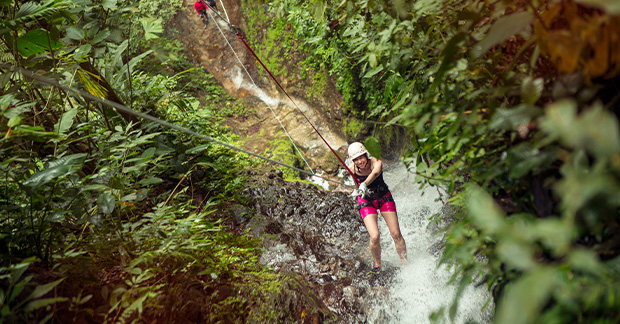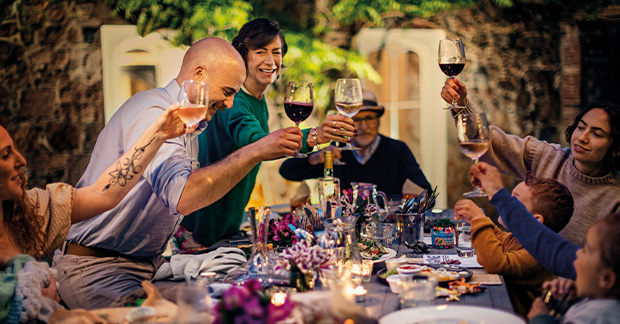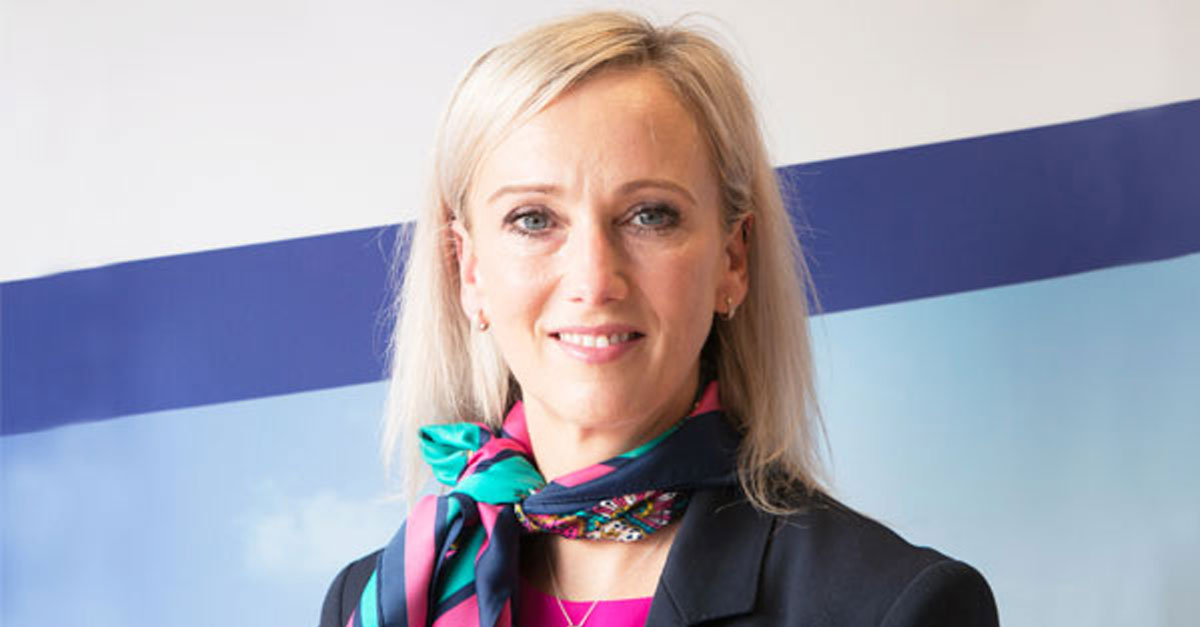Solo travel trends: From scrapping single supplements to new solo-only tours
Some operators have seen more than 50% of group tour bookings come from those travelling alone

As solo bookings soar, will hotels and operators reassess their pricing models? Qin Xie reports
The trend for solo travel has been growing for a while, but since the pandemic there’s been an uptick in people taking wish-list trips. For some operators, more than 50% of group tour bookings are now coming from those travelling on their own, rising even higher for trips geared towards a younger demographic.
So far in 2023, youth touring brand Contiki has seen 69% of its bookings come from solo travellers. For G Adventures’ Roamies collection, which is aimed at 18 to 35-year-olds, 70% of bookings are from those travelling on their own. With such high demand, you might be expecting an increase in product geared towards them and fewer single supplements. But it’s not that simple.
Zero or discounted single supplements
“It’s generally up to the hotels to decide if they charge extra for single supplements, so it’s often out of our hands,” says Victoria Ellison, Inghams’ Italy product executive. “However, we try to work with hotels that offer a supplement-free option for travelling solo, or solo-specific rooms, so that single travellers don’t have to pay a huge amount more.”
Occasionally, operators are able to negotiate preferential rates. Explore, for example, approached its hotel partners to participate in its Single Room Sale, where many tours have zero or discounted single supplements. Since the pandemic, 66% of the operator’s bookings have come from solo travellers, so the sale was a great way to stimulate demand during what would normally be a quieter time of the year.
Managing director Michael Edwards would love to expand this discount year-round, but says it’s operationally very challenging. “Getting single supplements down is hard for the hotels to do, and it eats into what are quite small margins,” he says.
“Also, hotels aren’t under pressure at the moment to make life easy for the solo traveller because there’s such high demand out there.” Edwards adds that many of the properties that Explore works with can be quite small or off the beaten track, and don’t have the capacity to cater specifically for solo travellers.
One way operators have been able to keep costs down is by pairing solo travellers with someone else holidaying on their own. Leah Whitfield, PR and communications manager for G Adventures, explains: “We pair same-sex travellers, which is a great way for those on a solo trip to make instant friends. If they want space, they can simply pay for the option to have their own room.”

Solo-only tours
A tour designed exclusively for solo travellers could overcome the price hurdle by, for example, only staying at hotels that don’t charge single supplements or visiting destinations where pricing is more competitive – but these types of tours are certainly not for everyone.
Jules Verne expanded its offering to include solo-only tours, but has found that the uptake on these is surprisingly small. Although 37% of its customers are travelling solo, the operator’s general manager Debbie O’Neill says they don’t all want solo-only tours: “Of the people who are travelling on their own, 75% tell us they want to travel in a mixed group.”
A lot of this is down to the perception of solo travel within the Jules Verne customer base, who have an average age of 67. Clients worry that those going on a solo-only break could appear to be looking for love, according to O’Neill. Of the solo travellers booking with the operator, some are single, but many have simply left their partners at home to take a trip for themselves.
These clients like to know they’re not the only solo traveller, but are choosing a group tour primarily because they enjoy the safety and security of travelling that way.

Demand for the Galápagos
Pent-up demand may be driving post-pandemic travel and making holidays more expensive for solo travellers right now, but in the longer term Edwards thinks there will be more chances to reduce single supplements because “savvy travel companies don’t want to miss the opportunity”.
He’s not wrong. The growing solo travel trend is already affecting design decisions in the industry. “During the pandemic, demand increased from solo travellers looking to travel to the Galápagos,” says Whitfield. “It led us to develop our first custom-built vessel with solo cabin options, Reina Silvia Voyager.”
So it looks as if the single supplement will be staying in place for the time being. However, if more hotels and operators are willing to hop on board, then it could be only a matter of time before it’s scrapped altogether.
PICTURES: Etienne Laine; G Adventures/Aka Photography/Andrew Tomk
Read more
6 of the best adventure honeymoon destinations
7 of the best places to stay in Sri Lanka
Take 2: A look at alternative bucket list tours

 Tfoso
Tfoso 































